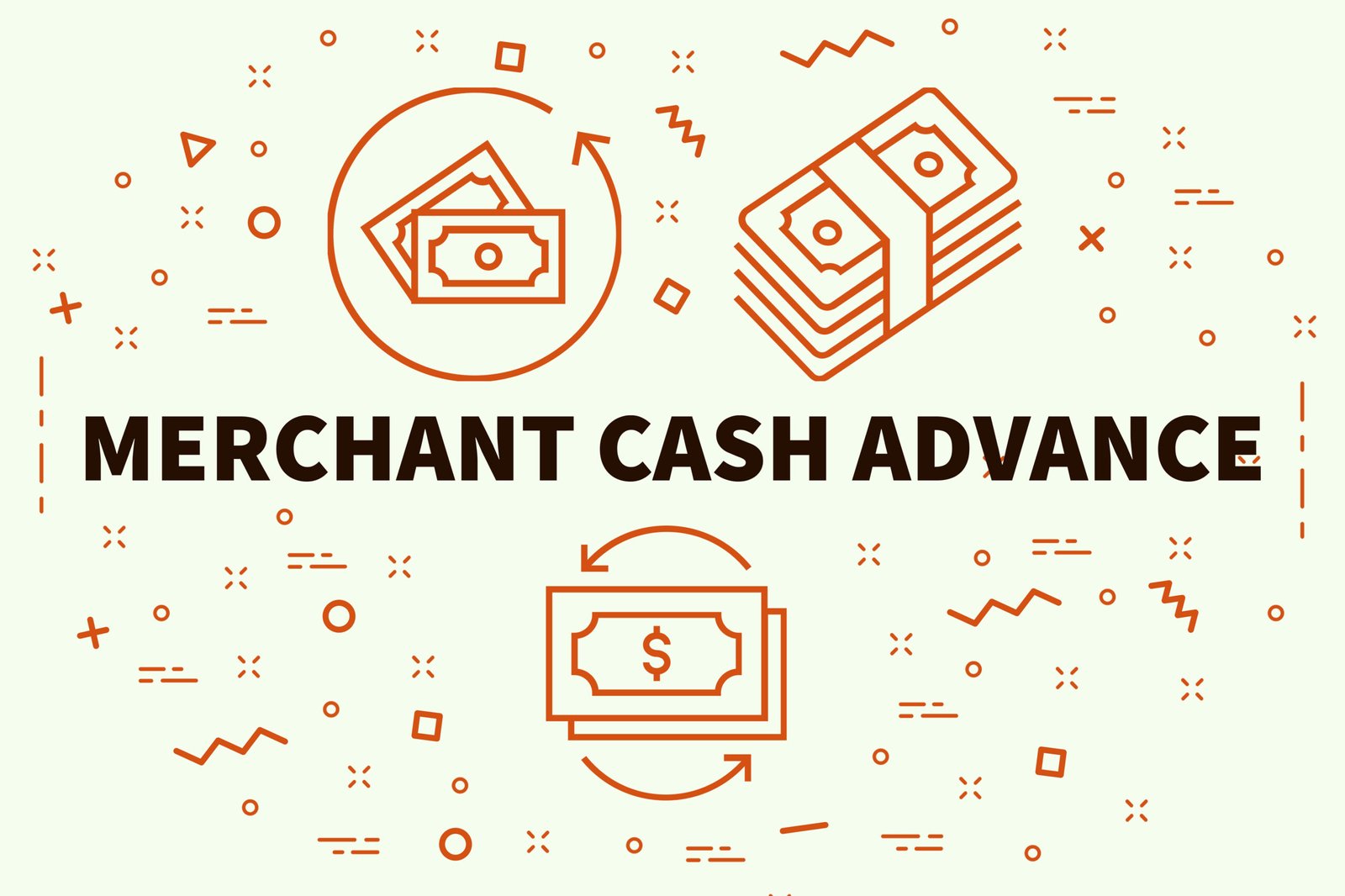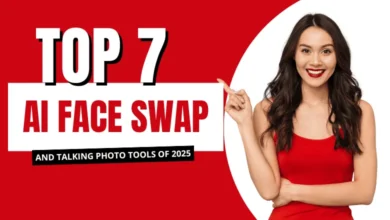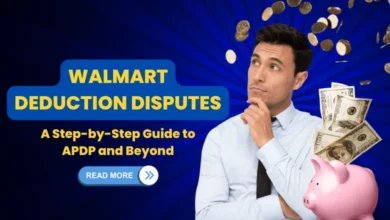How Cash Advance Apps are Changing the Financial World

What is Merchant Cash Advance?
4 Things to Keep in Mind When Creating a Monetary/Budgeting App
- Licenses & Permits
- Capital
- Legalities & Regulations
- Data Security
Custom Upgrades
A Futuristic Financial World
The pandemic rocked the economy, and because of this, now more than ever, cash advance apps are trending. Ideal for those who need fast cash by loaning money to its users until their payday, these financial solutions are sorely needed by those with student loans, private equity, or financial goals.
Such new approaches to the all too rampant predatory payday loans financial apps are the digital solution born from the very real circumstances of the pandemic.
Personal finance apps, in particular, are a saving grace to having better control over budgeting and overseeing personal finances. Research shows that 20% of households have less than 2 weeks of savings.
For financial services, the developments in fintech have made way for new and innovative ways to meet customers’ needs.
Planning on answering the call for such a high-demand app? Well, there are a few things to know first:
What is Merchant Cash Advance (MCA)?
A merchant cash advance is a type of financing that lets businesses receive an advance sum in exchange for a portion of future revenue (typically credit card sales).
Though not ideal for every situation, an MCA is a good idea for entrepreneurs who need quick access to funds to make payroll obligations, purchase new inventory, and cover other business-related expenses.
An alternative to the well-known small business loan, MCAs charge fees known as factor rates and don’t charge interest. MCAs also make sure that providers get paid back from credit card sales daily, which is a welcome improvement from a fixed monthly payment of a loan.
This opportune solution offers funds to business owners who may not qualify for traditional financing.
4 Things to Keep in Mind When Creating a Monetary/Budgeting App
Multiple factors must be considered for a financial institution to create one of these apps on a legitimate scale:
-
Licenses & Permits
It’s nearly universal for businesses to require some form of business license, especially if they want to operate legally in their located state. This is important to note, as some states don’t require permits while others do for certain businesses.
There are various things to consider when developing an app, and one is the licenses and permits required for certain things to be doable. So put down the much-loved design plans; now it’s time to get into the more legal side of application development. This includes licenses like the LLC.
And then, there is the Google Play licensing service, which enforces licensing policies for applications published on Google Play. With this, applications can query Google Play at run time to get the licensing status for the current user; then, it can allow or disallow further use as it deems appropriate.
-
Capital
There are multiple ways to monetize a money management app. The most popular is making a paid app that requires a monthly or yearly subscription.
However, a popular choice for budgeting apps is the freemium model, allowing users to try out a product before purchasing. Put simply; users can download the app with its basic features available; from this, they can then decide whether they like the app or not and whether they want to invest more into it to unlock other features.
-
Legalities & Regulations
The financial industry is highly regulated, there are frequent changes in financial legalization, and the body of legal norms is often updated. – It’s not as easy as just making an app and then publishing it.
With an increased awareness of the value of data in our digital economy came a tightening down on various global financial regulations and institutions depending on where users are situated.
An excellent example of this is the GDPR regulation which offers residents of the EU the opportunity to manage their data; this means they have to be informed of the purpose of processing, where data will be stored, and how it will be deleted if necessary.
-
Data Security
Security is a number one order in this era of data leaks and hackers. That is why it’s vital to pay attention to PCI DSS (Payment Card Industry Data Security Standard) and GDPR (General Data Protection Regulation).
The financial sector is the main target for cyberattacks. – Research shows that over 30% of consumers have decided not to download an app due to security concerns. It’s one thing to get users to know that an app can be useful to them, and a whole other thing to get them to trust that it will protect their passwords, bank details, PIN or CVV numbers, and more.
Developers need to pay attention to the information security of an app, both in the design and develop stages. Additional and useful layers of security to add into a financing app are encryption, fingerprint identification, two-factor authentication, or even iris scanning.
Custom Upgrades
Budgeting apps like Chime, Albert, FrontMe, and CashApp, are on board with offering sign up bonuses and early paydays. But why?
The answer is simple – it’s a smart business tactic to draw customers in and keep them.
But this can all be taken to a new level by adding developers into an in-house IT team can offer some serious benefits.
Critical integration needs to be ensured for the efficient working of payment processors, underwriting, and user portals. And with custom MCA servicing software, these practical modules can be created for an optimized workflow.
An outsourced development team will build decision support systems that pull data from central areas so users can add bank statements, FICO data, and credit/debit card statements. They can even contain funding calculators that help determine sales terms and loan payment structures.
A custom user account portal with role based access controls and management dashboards is ideal as brokers can submit deals, investors can track their progress, and merchants can view repayment data.
Even a custom e-mail management program can be built, ideal for optimizing drip campaign management, improving management practices, and enabling campaign splits.
Making custom connections between the bank, business, and client accounts is easy with an ACH payment API. Allowing developers to put the coding in place enables ACH transactions, and it even enforces the rules needed to protect these connections.
Overall, custom developments have a lot to offer.
A Futuristic Financial World
Users of budgeting mobile apps often complain of their problems and fall short of expectations; this applies to both paid and unpaid apps. What does this feedback tell us? There is clearly a gap in the market for better solutions.
Cash advance apps are the spark to exciting changes within the financial world, and the ripple effect of its benefits is being noticed. Applying the tips above and ensuring the idea remains customer focused. There is exciting hope in what financial companies offer the current customer.
The pandemic caused certain changes to our society and its reliance on financial tech. For instance, there is the development of the neobanks, which run entirely digitally.
New opportunities and demands will only continue to crop up, and though this may seem vast, it does mean there will be chances for development and increased profits.
These Fintech apps and financial solutions developments are making the way to a more organized and stress free budgeting future. Can you hear the happy weeps of people’s wallets yet?





